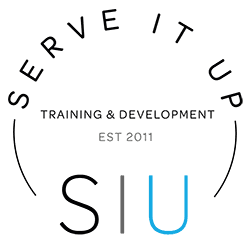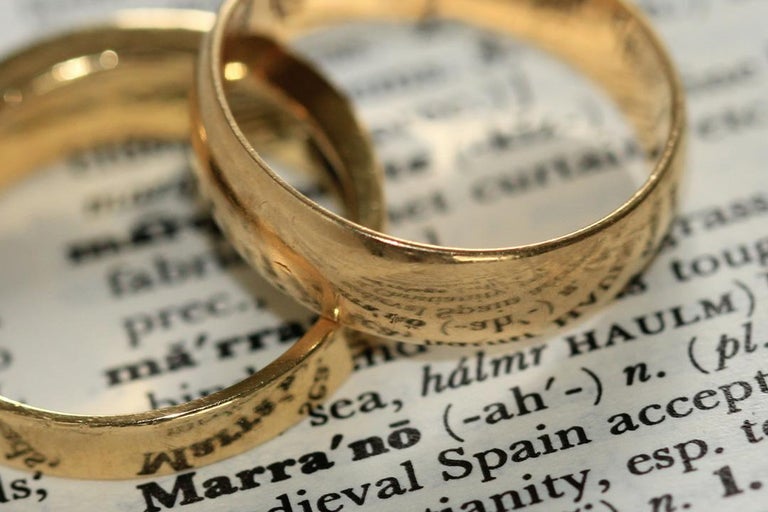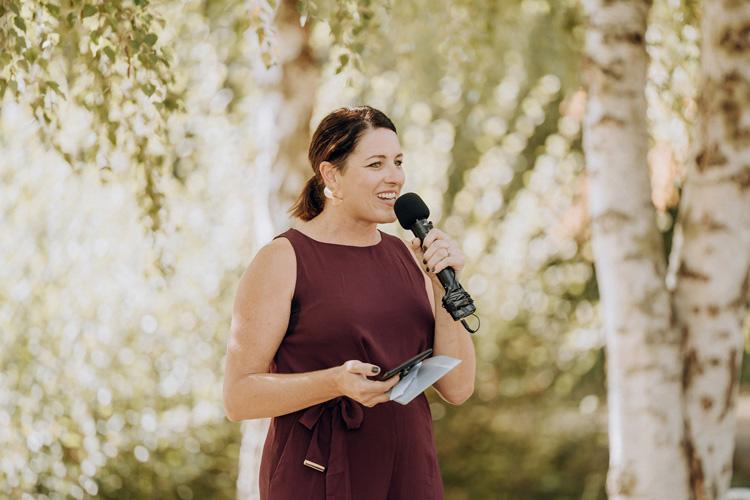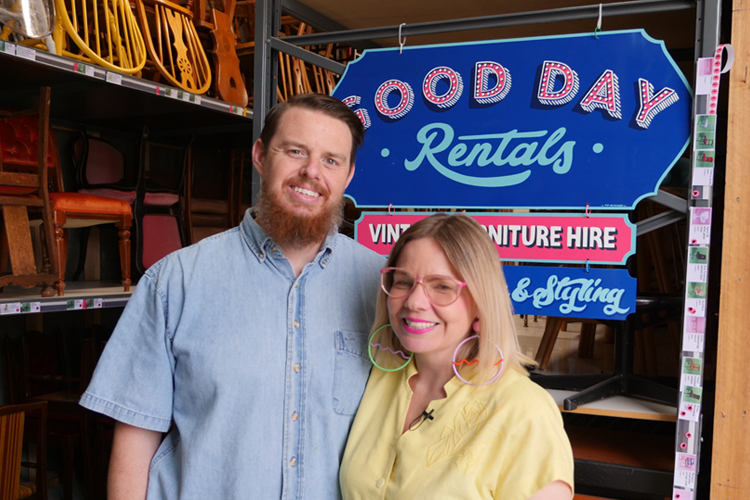Celebrant job description
Let’s get real. Job information online can often be overly optimistic — conveniently glossing over the raw bits. But when you’re making decisions about your future, you need all the facts.
That’s why we anonymously surveyed Celebrants about their job, with hopes of getting an honest insight into what it’s really like.
While we did our best to ensure respondents were Australians and verified their job titles with proof of employment, we can’t guarantee complete accuracy — or that your experiences in the field will reflect theirs. So, we suggest that you take these insights as a guide only and try to talk to people in the field before making an important decision.
Tasks and responsibilities for a Celebrant
The role of a celebrant is to assist individuals, couples, families and communities with the facilitation, design and/or delivery of a ceremony or celebration. This service looks to meet the physical, emotional, development, psychological/spiritual, social, and cultural needs of the client and guests.
A celebrant’s duties can include:
- Understanding your clients’ wants and needs for a ceremony and coming up with suggestions to fulfil them.
- Writing and planning ceremonies
- Officiating ceremonies, often acting as an MC.
- Writing scripts and assisting with writing vows or eulogies.
- Provide ongoing support throughout the ceremony
- Ensuring the ceremony is personalised
- Handling the legalities of the event/ceremony
- Preparing relevant legal documents like marriage certificates.
How to become a Celebrant
-
Study
Celebrant training is essential to officiate most ceremonies and weddings. This enables you to become a Commonwealth-registered marriage celebrant. One of the requirements is the completion of a formal qualification, a Certificate IV in Celebrancy (CHC41015).
-
Register as a Celebrant
To work as a marriage celebrant, you’ll also need to be on the Registrar of Marriage Celebrants. You’ll submit an online application form, answer questions about marriage law in Australia, and pay a required fee. The Registrar of Marriage Celebrants will need to deem you a ‘fit and proper person’ in accordance with section 39C of the Marriage Act 1961.
-
Promote your services
Set up a website, Facebook page, and/or LinkedIn account to market and explain to people what services you offer and how they can get in touch with you.
Pathway options
Junior
-
Event coordinator
Most common qualification: Diploma of Event Management (SIT50316)
Mid
-
Civil Celebrant
Most common qualification: Certificate IV in Celebrancy (CHC41015)
Senior
-
Event director
Most common qualification: Bachelor of Business (Event Management)
Explore related qualifications
To work as a marriage celebrant, you must hold a Certificate IV in Celebrancy (CHC41015).
Certificate IV in Celebrancy
In this course, you’ll learn:
- How to run a celebrancy business as a sole trader
- Marketing strategies
- Presentation skills
- The ethical and legal obligations of a celebrant
Certificate IV studies typically take 6 months of full-time study (or part-time equivalent) to complete.
Delivery can be on-campus or online, or a mix of both. Courses cost different amounts depending on the provider and whether you are eligible for Commonwealth government support.
2 providers offer this course


Related subjects
If you’re interested in celebrancy, you may also be interested in:
Related articles
Learn more about celebrancy from an industry insider.

























